Debt Relief Law Center, 3670 Maguire Boulevard, Suite 310, Orlando, FL 32803
Email Us: njtlaw@gmail.com
Debt Collection Harassment Lawyer – providing affordable legal services concerning Debt Collection Harassment and other Consumer Rights legal services, for residents of Central Florida.
The Fair Debt Collection Practices Act (“FDCPA”) requires that debt collectors treat you fairly by prohibiting certain methods of debt collection.
Personal, family, and household debts are covered under the Act. This includes money owed for the purchase of an automobile, for medical care, or for charge accounts.
A debt collector is any person, other than the creditor, who regularly collects debts owed to others. Under a 1986 amendment to the Fair Debt Collection Practices Act, this includes attorneys who collect debts on a regular basis. The law forbids debt collection harassment.
Under Florida law, the definition of a “debt collector” is much broader than under its federal counterpart. Under the Florida Consumer Collection Practices Act (“FCCPA”), a “debt collector” is defined as: “any person who uses any instrumentality of commerce within this state, . . . in any business the principal purpose of which is the collection of debts, or who regularly collects or attempts to collect, directly or indirectly, debts owed or due or asserted to be owed or due another. The term ’debt collector’ includes any creditor who, in the process of collecting her or his own debts, uses any name other than her or his own which would indicate that a third person is collecting or attempting to collect such debts.”
So, the FCCPA applies to any person or persons, collecting his/her own debts. Under that broad definition, the FCCPA would apply to a law or accounting firm attempting to collect its own fees, as well as the employees engaged in such collection activity on the law firm’s behalf.
A collector may contact you in person, by mail, telephone, telegram, or FAX. However, a debt collector may not contact you at unreasonable times or places, such as before 8 a.m. or after 9 p.m., unless you agree. A debt collector also may not contact you at work if the collector knows that your employer disapproves.
You may stop a collector from contacting you by writing a letter to the collection agency telling them to stop. Once the agency receives your letter, they may not contact you again except to say there will be no further contact. Another exception is that the agency may notify you if the debt collector or creditor intends to take some specific action.
If you have an attorney, the debt collector may not contact anyone other than your attorney. If you do not have an attorney, a collector may contact other people, but only to find out where you live and work. Collectors usually are prohibited from contacting such permissible third parties more than one. In most cases, the collector is not permitted to tell anyone other than you and your attorney that you owe money.
Within five days after you are first contacted, the collector must send you a written notice telling you the money you owe; the name of the creditor to whom you owe the money; and what action to take if you believe you do not owe the money.
A debt collector may not contact you if, within 30 days after you are first contacted, you send the collection agency a letter stating you do not owe money. However, a collector can renew collection activities if you are sent proof of the debt, such as a copy of a bill for the amount owed.
If you owe more than one debt, any payment you make must be applied to the debt you indicate. A debt collector may not apply a payment to any debt you believe you do not owe.
You have the right to sue a collector in a state or federal court within one year from the date you believe the law was violated. If your win, you may recover money for the damages you suffered. Court costs and attorney’s fees also can be recovered.
Contact Debt Collection Harassment Lawyer, Jim Turner by calling Toll Free 1.888.877.5103 to Schedule a Confidential and FREE Legal Consultation.

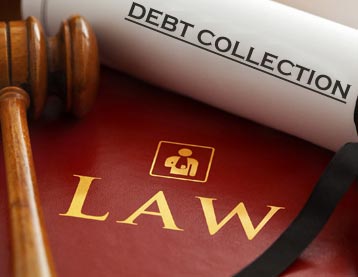
If you are dealing with a situation in which you, as a consumer, are not being dealt with properly in a consumer related transaction or circumstance, find out what your legal rights are. Seek the advice and representation of experienced legal counsel.
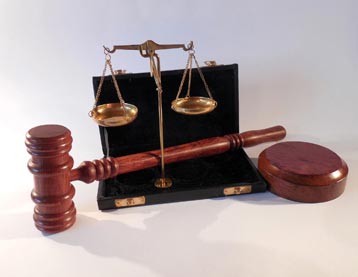
Every day those with credit card debt are harassed by a number of collection agencies that commonly use unethical and sometimes illegal means to attempt to collect debt.

Higher education is an investment in one’s future; and it can be expensive. If you are being harassed by student loan creditors or debt collection agencies, find out what your legal rights and options are. Make sure your are informed and your rights are protected.
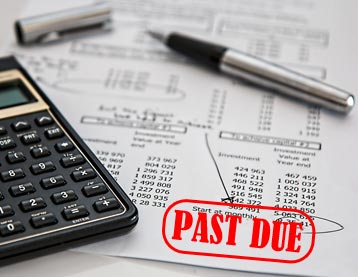
Being harassed by creditors or debt collectors is illegal. There are both State and Federal Debt Collection Laws that exist to protect the consumer from harassment and other illegal activities by collection agencies, their subsidiaries, and third parties..
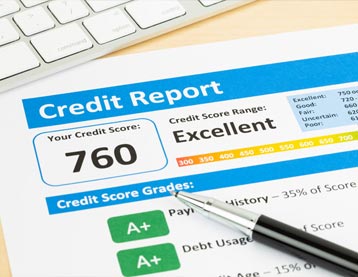
We will investigate your credit report error and make sure that the error is corrected. We will dispute the item, insisting that the information furnisher produces evidence substantiating the error or removes the item.
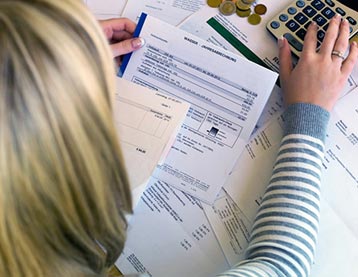

Orlando Consumer Rights Lawyer – watch these informative videos about consumer rights in the financial services industry.

We answer some of the most common Debt Collector Harassment Question that we hear on a daily basis.

Si usted es una de las millones de personas acosadas por un cobrador de deudas desaprensivo, la ley está de su parte. El Acta de Prácticas Justas Para el Cobro de Deudas, regula las prácticas de los cobradores de deudas y les impone sanciones que rompen las reglas.
3670 Maguire Boulevard Suite 310, Orlando, FL 32803
Mon-Fri 9am-5pm

DISCLAIMER: The hiring of a lawyer is an important decision that should not be based solely upon advertisements. Before you decide, ask the lawyer to send you free written information about their qualifications and experience. This website has been prepared for informational purposes only and not as legal advice. Neither the transmission, nor your receipt of information from this website creates an attorney-client relationship, which can only be formed in writing between you and the attorney you choose to represent you.
Copyright 2021 Consumer Rights. All rights reserved.